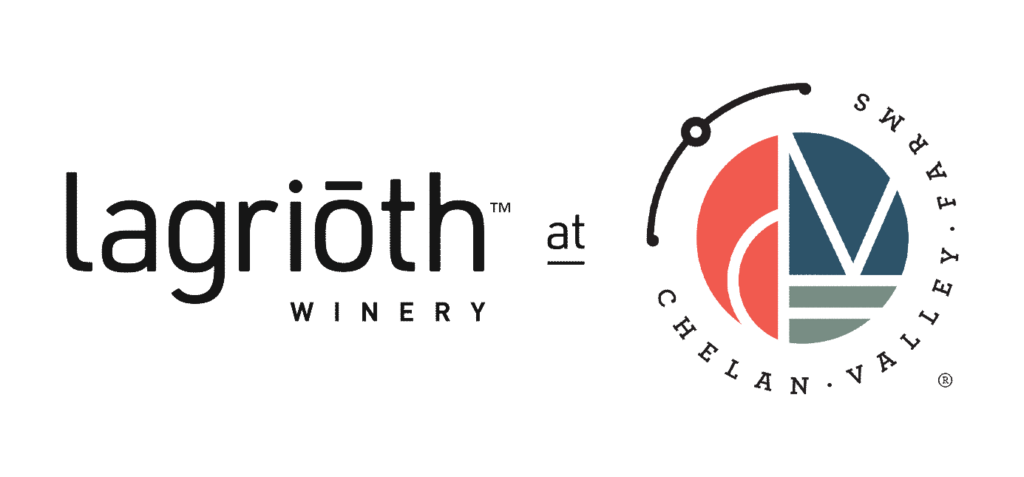Since the 1940’s the nutrient density of our food has declined. The great news, farmers are figuring out how to produce sustainably grown nutrient dense food and wine.
by Chad Steiner
What does it mean to “Know Your Farmer”? Are you interested in consuming sustainably produced nutrient dense food and wine? How do you know this is what you’re feeding yourself? Do we put all our trust in the places we buy the food – if that’s mostly our local grocery store? Without question, we know they’re doing their best. But how do we really find out what was done to the crops or animals, or in other words, the food we eat? The answer, Get to “Know Your Farmer”! Now I know, this most likely seems impossible. So maybe it’s best to consider the goal: Consuming Sustainably Grown, Nutrient Dense Food. Why: because food is medicine! Because we want more energy. Because we want to put life in our years. Because we want to be healthy. Let’s talk next about the “how”.
How can you achieve the goal of: Consuming Sustainably Grown, Nutrient Dense Food?
- #1 Know Your Farmer. I’m going to put some resources below on connecting with farmers. If you can’t know them personally, then get to know their productions practices – which leads to the 2nd “how”.
- #2 Understand what is a “real” claim vs. “positioning”. For example – what does “naturally grown” mean…?? The question is, can claims like “naturally grown” be substantiated? If we keep an eye out for regulated organizations on a label like, USDA Organic, Regenerative Organic Certified, Sustainable WA, etc.. These organizations have rigorous standards farmers have to meet and adhere to.
- #3 Grow your own food and/or buy from a local farmer (this goes along with Know Your Farmer). This could go along with consuming mostly fresh fruits and vegetables.
- #4 Look at the ingredient label. If you can’t pronounce it or it seems like it shouldn’t be there (see prior flour power blog) – consider an alternative. It feels like our family spends a lot of time trying to find foods without added sugar.

Caption: flour is a great place to Know Your Farmer. Both Bluebird and Chimacum Valley Grainery are leaders in the organic and regenerative space. We’re now carrying Bluebird Grain Farms flour in the tasting room.
Last tidbit, then on to some resources. This is an important one – can the claims of regenerative organic production being more nutrient dense be substantiated? Great question. There is a tremendous amount of data coming to the forefront showing, yes. Yes, the “way” our food is grown matters. Check out this recent post on LinkedIn by Paul Greive Founder of Pasturebird. There are studies showing the nutrition content of our food declining since the 1940’s. There’s great news. We’re understanding why and there’s a movement to improve the way our food and wine is grown. Get to Know Your Farmer. They can help you understand what they’re doing and why. I’ll finish with some resources.
Resources to Get to Know Your Farmer (food and wine):
North Central Washington Farmers we know and recommend –
- Chelan Valley Farms
- Brownfield Orchard
- Chelan Ranch
- Rootwood Cider
- Wildnow Farm
- Summerhill Farm
- BCS Livestock
- Bluebird Grain Farms
A resource for all of Washington State
I hope this was helpful.
Cheers,




